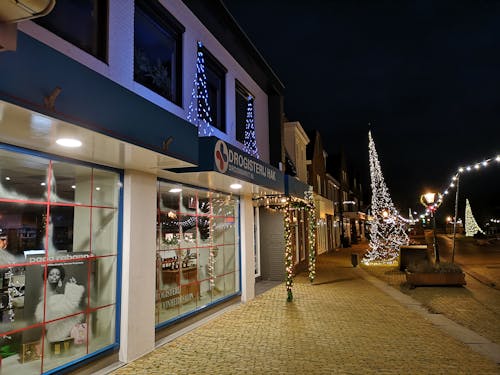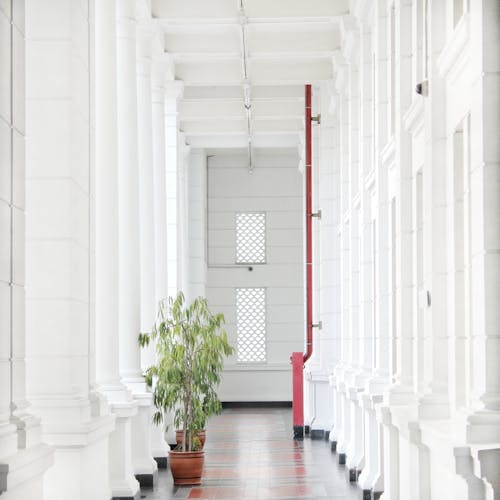Safeguarding Your Short-Term Rental: A Comprehensive Guide for Property Owners

From cozy cabins to sleek city apartments, short-term rentals have grown into a thriving industry, offering travelers flexible and personalized accommodation. As a property owner venturing into this dynamic space, ensuring the safety and security of your rental property is paramount. To assist you, we’ve compiled an extensive guide that addresses every aspect of securing your short-term rental, providing peace of mind for both you and your guests.
1. Selecting Trustworthy Guests: A Foundation of Security
The cornerstone of a secure short-term rental is screening potential guests diligently. Online platforms like Airbnb and Vrbo offer robust screening tools, but nothing beats the effectiveness of manual verification.
- Request References: Encourage guests to provide references from previous hosts or employers, giving you valuable insights into their reliability.
- Verify Identity: Ask guests to provide government-issued photo IDs, ensuring they match the names on their profiles. Consider using online identity verification services for added security.
- Review Social Media: Browse guests’ social media profiles to assess their overall demeanor and lifestyle. Look for red flags like inappropriate posts or excessive partying.
- Communicate Clearly: Establish clear expectations and house rules before confirming reservations. This sets the tone for responsible behavior and helps avoid unpleasant surprises.
2. Securing Your Property: Physical and Technological Measures
Once you’ve welcomed guests into your short-term rental, implementing robust security measures is crucial to safeguard your property, belongings, and guests.
Physical Security: Creating Impenetrable Barriers
- Sturdy Locks: Install high-quality deadbolts and locks on all exterior doors and windows. Consider adding secondary locks or chains for extra protection.
- Security Cameras: Strategically place security cameras around the property, covering entrances, common areas, and any vulnerable spots. Ensure they’re motion-activated and have night vision capabilities.
- Motion Sensor Lights: Install motion sensor lights around the property to deter potential intruders. They also provide additional illumination, making guests feel safer.
- Gated Entry: If your property has a gate, ensure it’s always closed and locked when not in use. Consider installing a keypad or remote access system for added convenience.
Technological Safeguards: Embracing the Digital Age
- Smart Locks: Invest in smart locks that allow you to control access remotely. You can grant guests temporary access codes, track their entries and exits, and even lock the door remotely if necessary.
- Home Automation Systems: Integrate your property with a home automation system that enables you to control lights, thermostats, and other devices remotely. This enhances security and provides guests with a more comfortable and convenient stay.
- Security Alarms: Install a comprehensive security alarm system that includes motion sensors, glass break detectors, and a panic button. Ensure it’s monitored by a reputable security company.
- Cybersecurity Measures: Protect your property’s Wi-Fi network with a strong password and enable two-factor authentication for all online accounts associated with the rental.

3. Guest Education: Empowering Responsible Behavior
While security measures are essential, educating your guests about their role in keeping your property safe is equally important. Clear communication and concise instructions can go a long way in preventing accidents or security breaches.
- House Manual: Create a comprehensive house manual that outlines your property’s security features, emergency procedures, and house rules. Ensure guests receive and read it thoroughly upon arrival.
- Safety Instructions: Provide clear instructions on how to operate security systems, locks, and other safety features. Consider posting laminated instructions near these devices.
- Emergency Contacts: Provide guests with a list of emergency contacts, including local police, fire department, and your own contact information, in case they need assistance.
- Encourage Responsible Behavior: Emphasize the importance of responsible behavior, such as locking doors and windows when leaving the property, not sharing access codes with others, and reporting any suspicious activity.
4. Regular Maintenance: Prevention is Key
Regular maintenance is not only crucial for the longevity of your short-term rental property but also plays a vital role in security. By addressing potential hazards and vulnerabilities promptly, you minimize the risk of accidents or security breaches.
- Routine Inspections: Conduct regular inspections of your property, both inside and out, to identify any maintenance issues or security concerns that need attention.
- Keep Records: Maintain detailed records of all maintenance and repairs carried out on your property. This not only helps you keep track of expenses but also serves as documentation in case of any legal disputes.
- Address Security Vulnerabilities: Be proactive in addressing any security vulnerabilities that you identify during inspections. This could include repairing faulty locks, replacing damaged windows, or trimming overgrown vegetation that could provide cover for intruders.
5. Continuous Improvement: Staying Ahead of the Curve
The world of short-term rentals is constantly evolving, and so should your security measures. Stay informed about the latest security trends, technologies, and best practices to ensure your property remains secure in the face of evolving threats.
- Stay Informed: Subscribe to industry blogs, newsletters, and security forums to stay up-to-date on the latest security threats and trends.
- Attend Workshops and Seminars: Participate in workshops, seminars, and conferences related to short-term rental security to learn from experts and network with other property owners.
- Seek Professional Advice: Consider hiring a security consultant or property manager who specializes in short-term rentals. They can provide expert guidance and recommendations tailored to your specific property.
Ensuring a Safe and Secure Short-Term Rental Experience
By implementing the comprehensive security measures outlined in this guide, you can create a safe and secure environment for your guests while protecting your short-term rental property from potential threats. Remember, security is an ongoing process that requires vigilance, continuous improvement, and a commitment to providing your guests with peace of mind. By prioritizing safety and security, you can build a successful and sustainable short-term rental business that attracts responsible guests and generates positive reviews.
If you have any questions about securing your short-term rental property, don’t hesitate to leave a comment below. We’re here to help you create a safe and enjoyable experience for both you and your guests.
